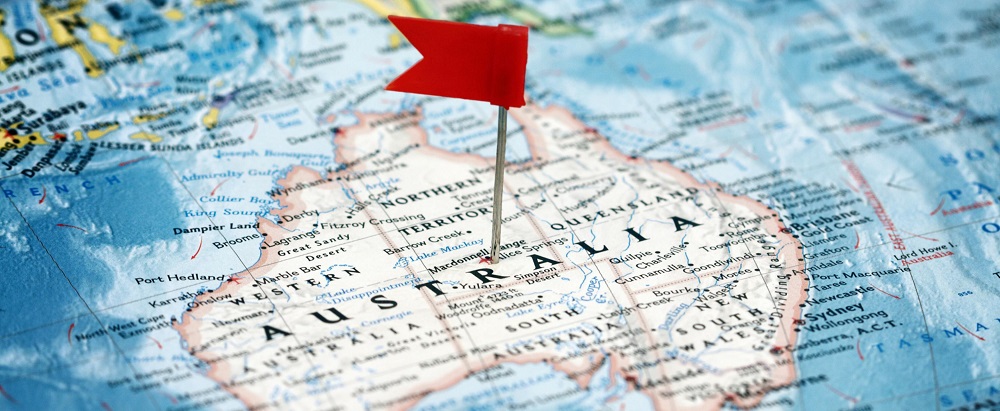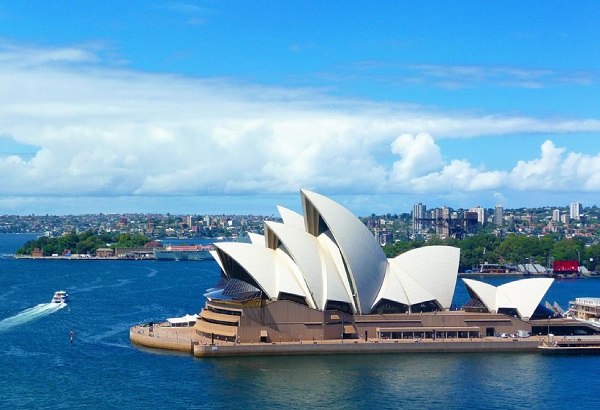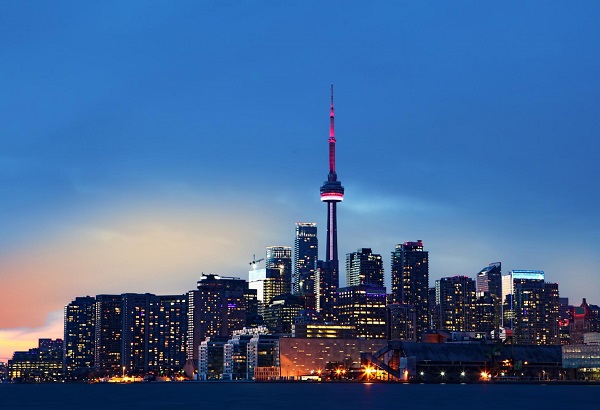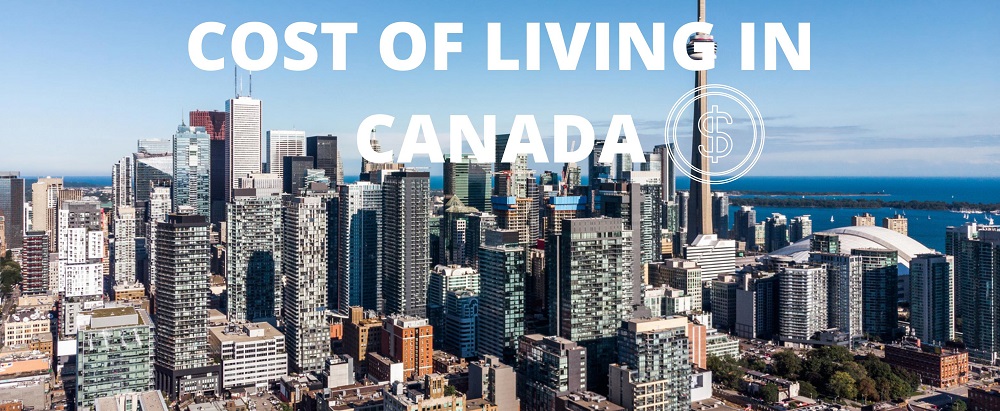Cost of living in the Australia

It’s no surprise that Australia remains a popular destination for ex-pats, thanks to its pleasant weather, metropolitan cities, various natural landscapes, and laid-back lifestyle.
If you’ve decided to relocate to Australia, one of the first things you’ll need to do is figure out how much it costs to live there so you can settle in.
The most expensive cities to live in Australia include:
- SYDNEY
- MELBOURNE
- PERTH
Total Living Expenses in Sydney | Average cost |
1 person, per month (without rent) | A$1,432⁵ |
4 person family, per month (without rent) | A$5,185 |
Utilities – basic, for 85m² apartment | A$198.09 |
Total Living Expenses in Melbourne | Average cost |
1 person, per month (without rent) | A$1,432⁶ |
4 person family, per month (without rent) | A$5,185 |
Utilities – basic, for 85m² apartment | A$210.25 |
Total Living Expenses in Perth | Average cost |
1 person, per month (without rent) | A$1,302⁷ |
4 person family, per month (without rent) | A$4,640 |
Utilities – basic, for 85m² apartment | A$221.10 |
- Transportation
- Personal Care
- Entertainment
Volkswagen golf 1.4 tsi 150 cv (or equivalent), with no extras, new | AU$28,860 |
1 liter (1/4 gallon) of gas | AU$1.45 |
Monthly ticket public transport | AU$163 |
Cold medicine for 6 days | AU$9 |
1 box of antibiotics (12 doses) | AU$15 |
Short visit to private doctor (15 minutes) | AU$76 |
1 box of 32 tampons (tampax, ob, …) | AU$7 |
Deodorant, roll-on (50ml ~ 1.5 oz.) | AU$4.51 |
Hair shampoo 2-in-1 (400 ml ~ 12 oz.) | AU$7 |
4 rolls of toilet paper | AU$3.15 |
Tube of toothpaste | AU$3.71 |
Standard men’s haircut in ex-pat area of the city | AU$31 |
Basic dinner out for two in neighborhood pub | AU$58 |
2 tickets to the movies | AU$37 |
2 tickets to the theater (best available seats) | AU$251 |
Dinner for two at an italian restaurant in the expat area including appetisers, main course, wine and dessert | AU$94 |
1 cocktail drink in downtown club | AU$18 |
Cappuccino in ex-pat area of the city | AU$4.55 |
1 beer in neighborhood pub (500ml or 1pt.) | AU$9 |
Ipad wi-fi 128GB | AU$688 |
1 min. of prepaid mobile tariff (no discounts or plans) | AU$0.49 |
1 month of gym membership in the business district | AU$70 |
1 package of Marlboro cigarettes | AU$41 |









